Home>Gardening & Outdoor>Landscaping Ideas>What Does Mulch Do For Grass
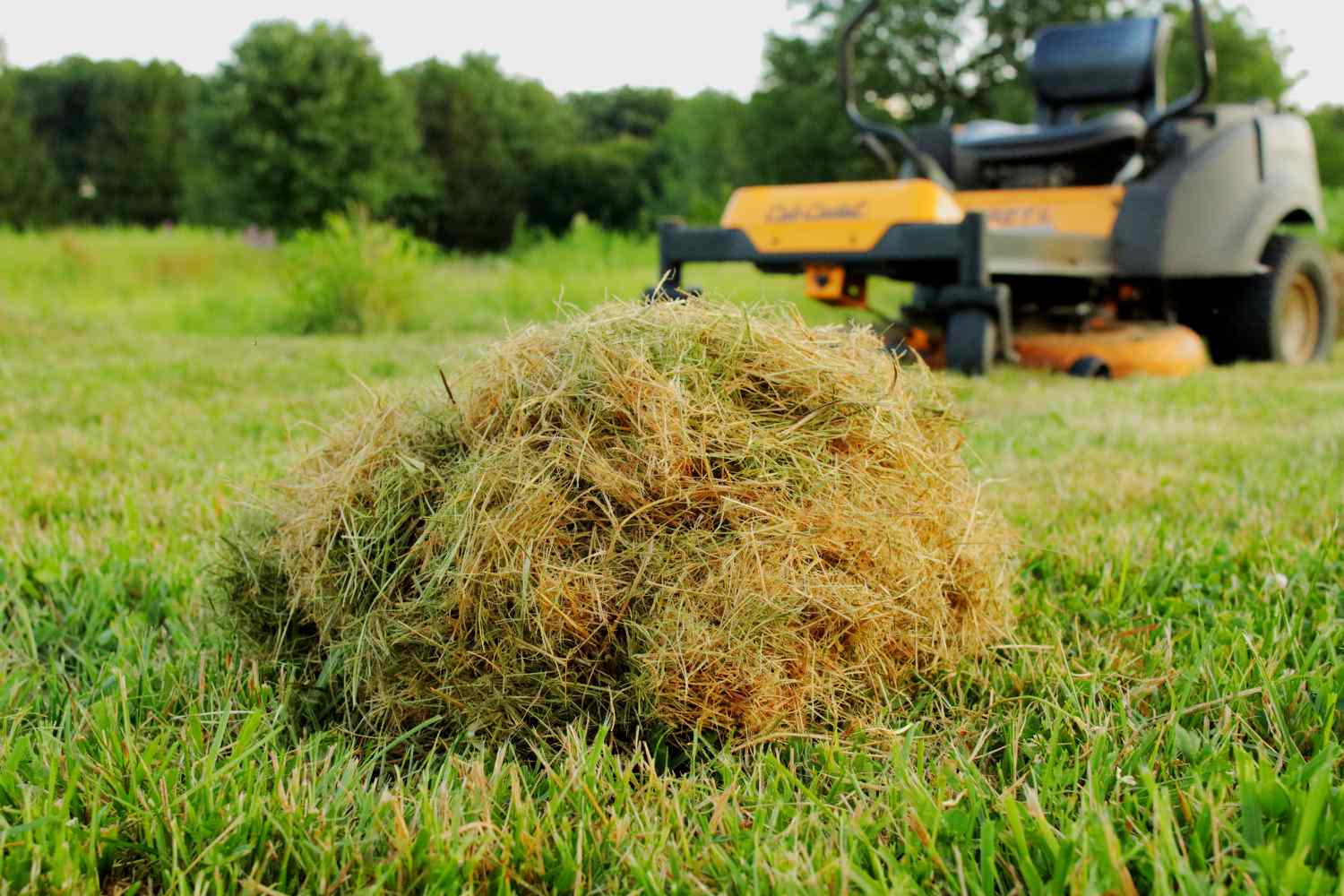

Landscaping Ideas
What Does Mulch Do For Grass
Published: January 30, 2024
Discover the benefits of using mulch for your grass and get expert landscaping ideas to enhance your outdoor space. Improve the health and appearance of your lawn with mulching techniques.
(Many of the links in this article redirect to a specific reviewed product. Your purchase of these products through affiliate links helps to generate commission for Storables.com, at no extra cost. Learn more)
Introduction
When it comes to nurturing a lush and vibrant lawn, mulch plays a pivotal role in promoting healthy grass growth and overall landscape vitality. Mulch, a protective layer of material spread over the soil, offers numerous benefits for grass, ranging from moisture retention and weed suppression to temperature regulation and soil enrichment. Understanding the multifaceted advantages of mulch for grass can empower homeowners and landscaping enthusiasts to make informed decisions about lawn care practices. In this comprehensive guide, we will delve into the diverse benefits of mulch for grass, explore various types of mulch suitable for grass, elucidate best practices for applying mulch to grass, and shed light on potential drawbacks to consider. Whether you are a seasoned gardener or a novice homeowner seeking to elevate your lawn care regimen, this article will equip you with valuable insights into the transformative impact of mulch on grass health and vitality.
Key Takeaways:
- Mulch for grass retains moisture, suppresses weeds, and enriches soil, promoting healthy and vibrant lawns. Choose the right type and apply strategically to reap its benefits.
- While mulch benefits grass, be mindful of potential issues like moisture imbalance and nutrient depletion. Proactive management can mitigate challenges for a thriving lawn.
Read more: What Is Grass Mulching
Benefits of Mulch for Grass
Mulch serves as a stalwart ally in fostering the optimal growth and resilience of grass, offering a myriad of benefits that contribute to a thriving lawn ecosystem. Here are some of the key advantages of using mulch for grass:
- Moisture Retention: Mulch acts as a protective barrier, reducing water evaporation from the soil and helping to maintain optimal moisture levels for grass roots, especially during hot and dry periods.
- Weed Suppression: By smothering weed seeds and inhibiting their germination, mulch serves as a natural weed deterrent, minimizing the competition for essential nutrients and sunlight that grass needs to flourish.
- Temperature Regulation: Mulch insulates the soil, shielding grass roots from extreme temperature fluctuations and providing a stable environment for healthy growth, even in harsh weather conditions.
- Soil Enrichment: Over time, organic mulches decompose, enriching the soil with vital nutrients and enhancing its texture, fostering a conducive environment for robust grass growth.
- Erosion Prevention: The protective layer of mulch helps to mitigate soil erosion caused by heavy rainfall or wind, safeguarding the integrity of the grass roots and soil structure.
- Pest and Disease Control: Certain types of mulch, such as cedar and cypress, possess natural properties that act as deterrents to pests and inhibit the spread of certain diseases, contributing to the overall health of the grass.
- Aesthetic Enhancement: Beyond its functional benefits, mulch adds visual appeal to the landscape, creating a polished and well-maintained appearance for the lawn.
These benefits underscore the indispensable role of mulch in nurturing resilient, lush, and vibrant grass, making it an essential component of a comprehensive lawn care strategy.
Types of Mulch for Grass
Choosing the right type of mulch is crucial for optimizing the health and vitality of grass. Various mulch materials offer distinct characteristics and benefits, catering to different preferences and landscaping needs. Here are some common types of mulch suitable for grass:
- Organic Mulch: Comprised of natural materials such as shredded bark, wood chips, straw, and compost, organic mulch enriches the soil as it decomposes, enhancing its fertility and promoting robust grass growth. It also aids in moisture retention and weed suppression, contributing to a thriving lawn ecosystem.
- Inorganic Mulch: Materials like gravel, stones, and landscape fabric constitute inorganic mulch, offering long-lasting weed control and erosion prevention. While inorganic mulch does not contribute to soil enrichment, it provides effective temperature regulation and moisture retention for grass roots.
- Rubber Mulch: Made from recycled rubber, this type of mulch offers exceptional durability and weed suppression. It provides effective insulation for grass roots and is particularly suitable for high-traffic areas, offering a low-maintenance solution for enhancing the resilience of the lawn.
- Leaves and Grass Clippings: Utilizing organic matter from leaves and grass clippings as mulch not only reduces waste but also enriches the soil with essential nutrients as it decomposes. This cost-effective and eco-friendly mulching option contributes to soil health and moisture retention, fostering lush grass growth.
- Rock Mulch: Incorporating decorative rocks and pebbles as mulch offers a visually striking landscaping element while providing effective weed suppression and soil insulation. Rock mulch is ideal for arid climates and drought-prone regions, offering a low-maintenance solution for sustaining healthy grass.
Each type of mulch presents unique attributes, and selecting the most suitable option depends on factors such as climate, soil composition, aesthetic preferences, and maintenance considerations. By choosing the right mulch for grass, homeowners can optimize the health and resilience of their lawn, nurturing a verdant and thriving landscape.
Applying mulch to grass helps retain moisture, suppresses weed growth, and adds nutrients to the soil as it breaks down. It also protects the grass roots from extreme temperatures.
How to Apply Mulch to Grass
Applying mulch to grass involves a strategic approach to ensure optimal coverage and effectiveness in promoting grass health. Here are the key steps to effectively apply mulch to grass:
- Prepare the Area: Begin by clearing the grass of any debris, weeds, and rocks. Trim the grass to an appropriate height, allowing for even distribution of the mulch.
- Choose the Right Mulch: Select the most suitable type of mulch based on the specific needs of the grass, considering factors such as moisture retention, weed suppression, and soil enrichment.
- Calculate the Quantity: Determine the amount of mulch needed by measuring the area to be covered and calculating the depth of mulch required for optimal effectiveness.
- Apply the Mulch: Spread the mulch evenly over the grass, ensuring a uniform layer that provides adequate coverage without smothering the grass. Maintain a thickness of 2-4 inches for most organic mulches, adjusting the depth based on the type of mulch and the specific requirements of the grass.
- Avoid Contact with Grass Stems: When applying the mulch, ensure that it does not come into direct contact with the stems of the grass, as this can lead to moisture retention and potential fungal issues. Leave a small gap between the mulch and the base of the grass to prevent moisture-related problems.
- Monitor and Maintain: Regularly inspect the mulched area to ensure that the mulch remains at the appropriate depth and replenish it as needed. Additionally, address any signs of weed growth or decomposition, maintaining the integrity and effectiveness of the mulch layer.
By following these steps, homeowners and landscaping enthusiasts can effectively apply mulch to grass, harnessing its beneficial properties to nurture a thriving and resilient lawn ecosystem.
Potential Drawbacks of Mulch for Grass
While mulch offers a multitude of benefits for grass, it is important to be mindful of potential drawbacks that may arise, necessitating careful consideration and proactive management. Understanding these drawbacks can empower homeowners to mitigate any challenges associated with mulch application. Here are some potential drawbacks of mulch for grass:
- Moisture Imbalance: Excessive mulch depth or improper application can lead to moisture imbalance, potentially causing root rot and fungal issues in the grass. It is essential to monitor moisture levels and adjust mulch depth as needed to maintain optimal soil conditions.
- Weed Seed Contamination: Inadequately composted organic mulch may contain weed seeds, leading to unintended weed growth in the grass. Utilizing high-quality, weed-free mulch and implementing proper weed control measures can help mitigate this risk.
- Decomposition and Nutrient Depletion: Organic mulches gradually decompose, potentially depleting soil nutrients and necessitating periodic replenishment to sustain the fertility of the soil and promote healthy grass growth.
- Pest Attraction: Certain types of mulch, particularly organic varieties, may attract pests such as termites and rodents. Vigilant monitoring and proactive pest control measures can help prevent pest infestations in the mulched areas.
- Heat Retention: Inorganic mulches, such as rocks and gravel, have the potential to retain heat and elevate soil temperatures, which can impact the grass roots, especially in hot climates. Adequate irrigation and monitoring of soil temperature can help mitigate this effect.
- Soil Compaction: Improper mulch application or excessive foot traffic on mulched areas can lead to soil compaction, hindering the aeration and root development of the grass. Utilizing mulch alternatives in high-traffic zones and incorporating soil aeration practices can address this concern.
By acknowledging these potential drawbacks and implementing proactive measures to address them, homeowners can effectively harness the benefits of mulch while mitigating any associated challenges, ensuring the sustained health and vitality of their grass and overall landscape.
Read more: What To Do When Grass Grows Through Mulch
Conclusion
Mulch stands as an indispensable asset in the journey toward cultivating a vibrant and resilient lawn, offering a diverse array of benefits that bolster the health and vitality of grass. From moisture retention and weed suppression to soil enrichment and temperature regulation, mulch plays a multifaceted role in nurturing a thriving lawn ecosystem. By selecting the appropriate type of mulch and applying it strategically, homeowners can harness its transformative properties to elevate the health and aesthetic appeal of their grass.
While being mindful of potential drawbacks, such as moisture imbalance and nutrient depletion, proactive management and adherence to best practices can mitigate these challenges, allowing homeowners to fully reap the rewards of mulch for grass. Through vigilant monitoring, regular maintenance, and informed decision-making, the potential pitfalls associated with mulch can be effectively addressed, ensuring the sustained health and resilience of the grass and surrounding landscape.
Ultimately, the judicious application of mulch serves as a cornerstone of comprehensive lawn care, fostering a verdant, lush, and visually captivating expanse of grass. By embracing the benefits of mulch and navigating its potential drawbacks with informed strategies, homeowners and landscaping enthusiasts can embark on a journey toward nurturing a thriving lawn ecosystem, where healthy, resilient grass flourishes in harmony with the surrounding landscape, enriching the outdoor living space and creating a welcoming haven for relaxation and enjoyment.
With a deep understanding of the transformative impact of mulch on grass health and vitality, homeowners are empowered to embark on a journey toward cultivating a verdant and resilient lawn, where the benefits of mulch converge with proactive management to create an oasis of natural beauty and vitality.
Frequently Asked Questions about What Does Mulch Do For Grass
Was this page helpful?
At Storables.com, we guarantee accurate and reliable information. Our content, validated by Expert Board Contributors, is crafted following stringent Editorial Policies. We're committed to providing you with well-researched, expert-backed insights for all your informational needs.
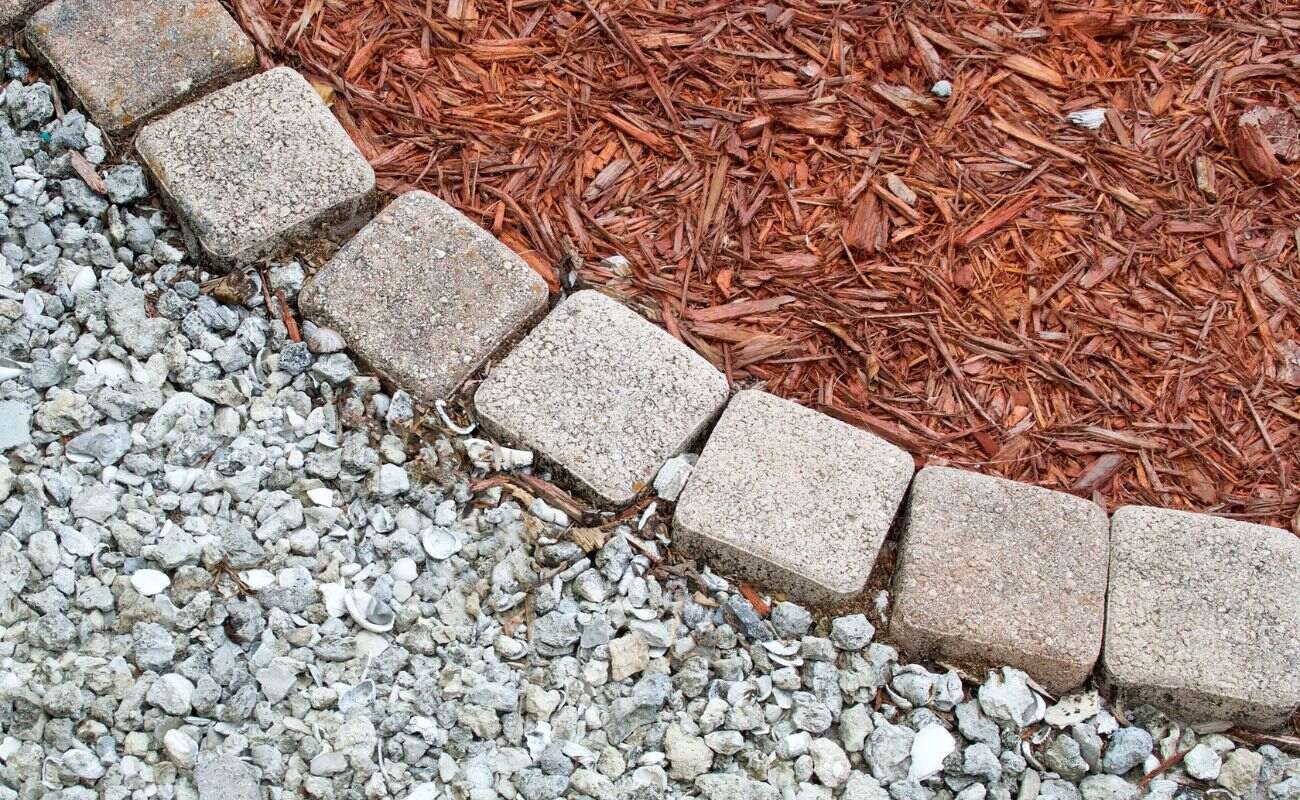
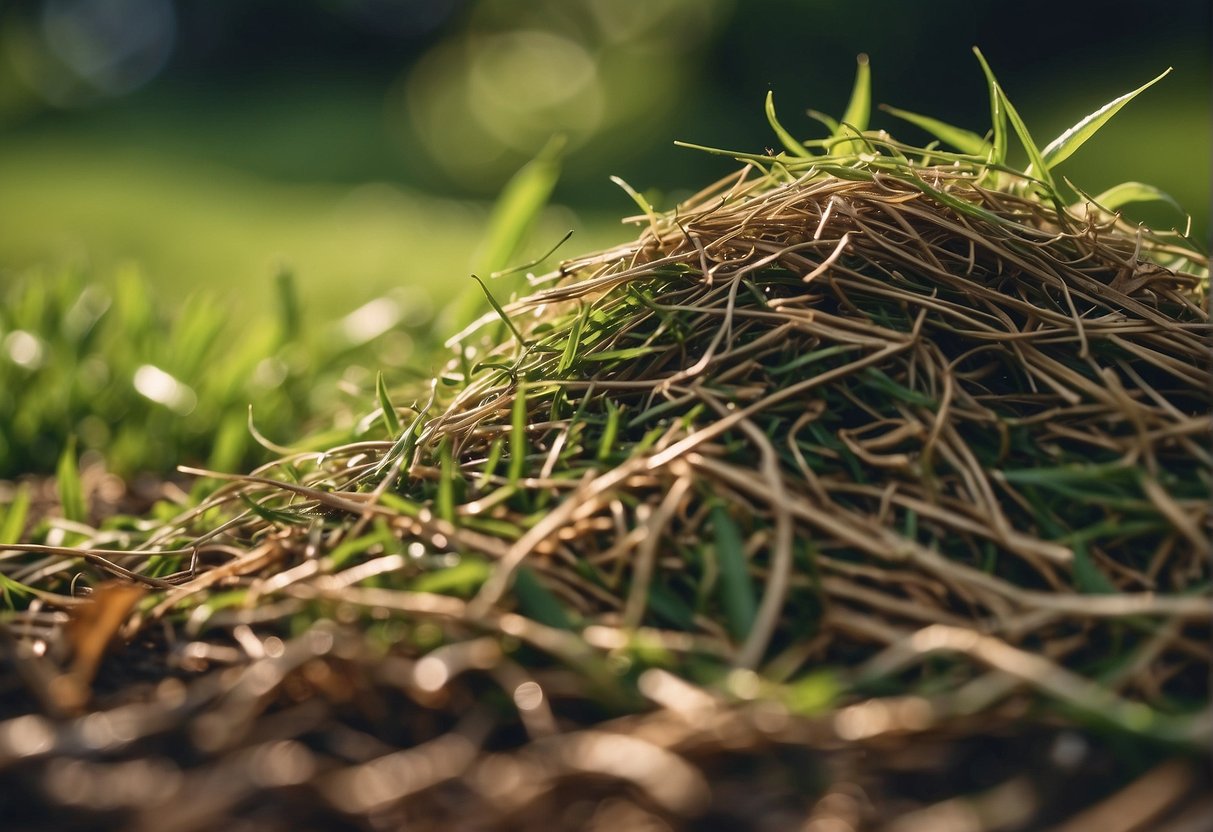
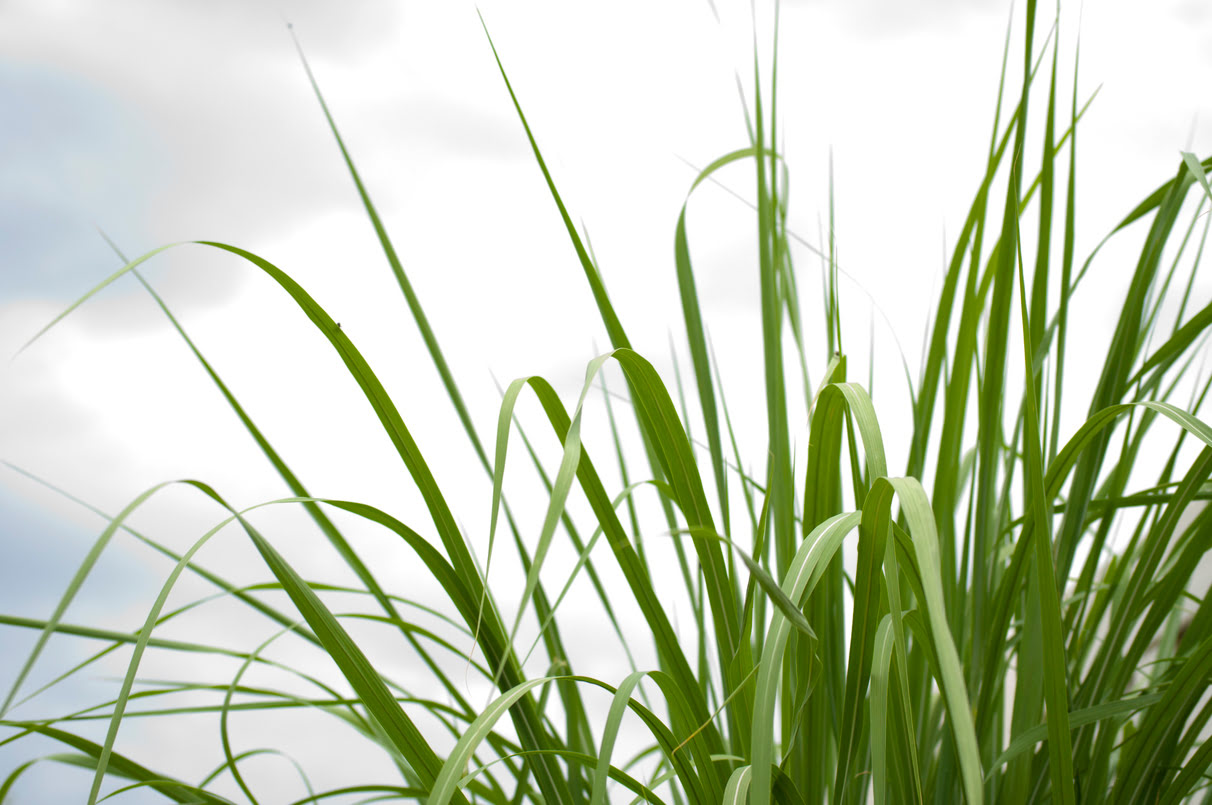
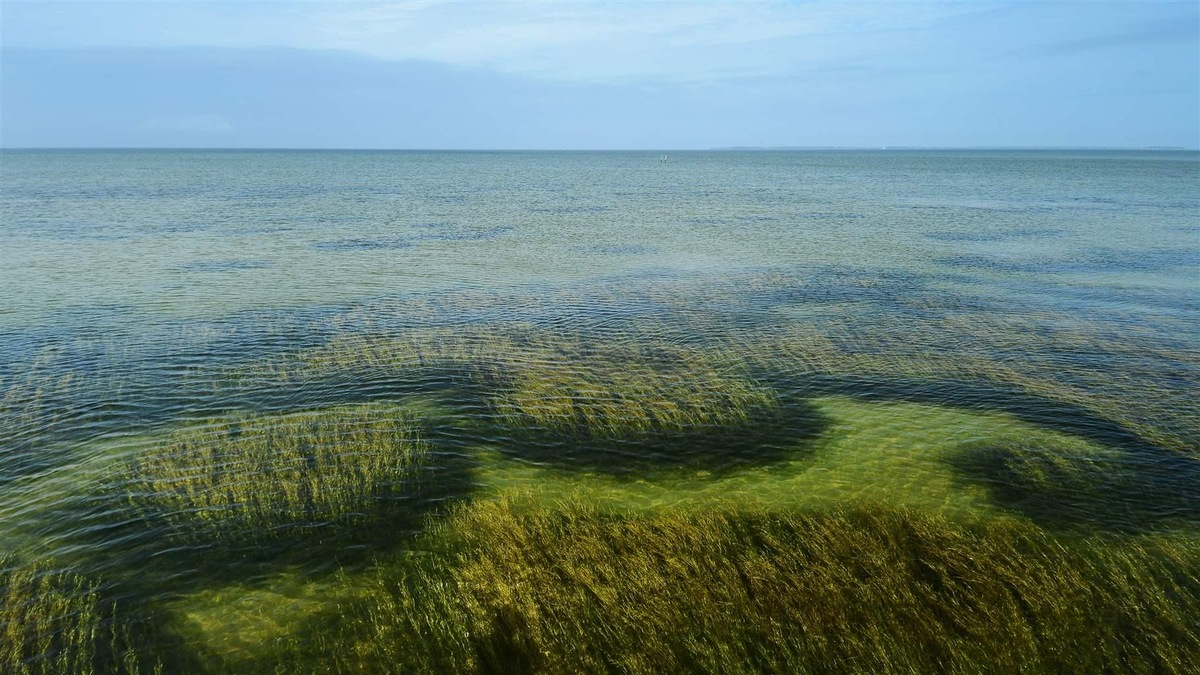
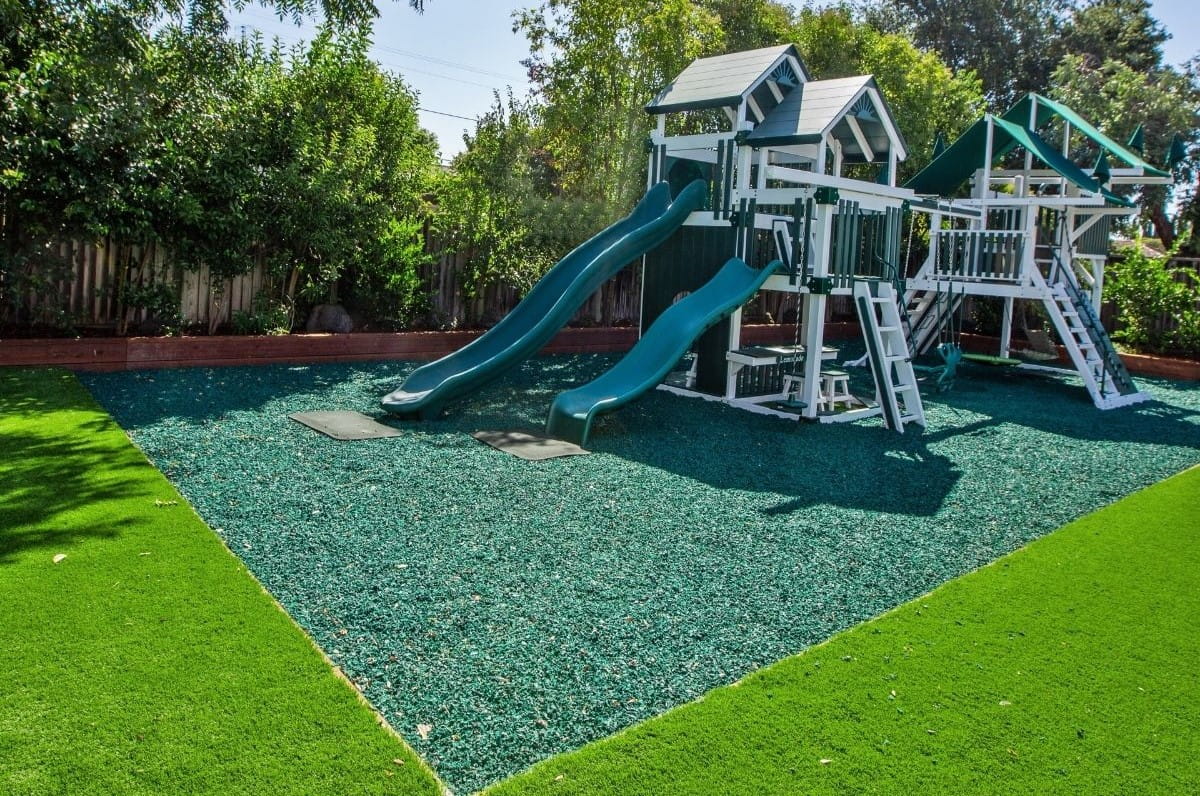


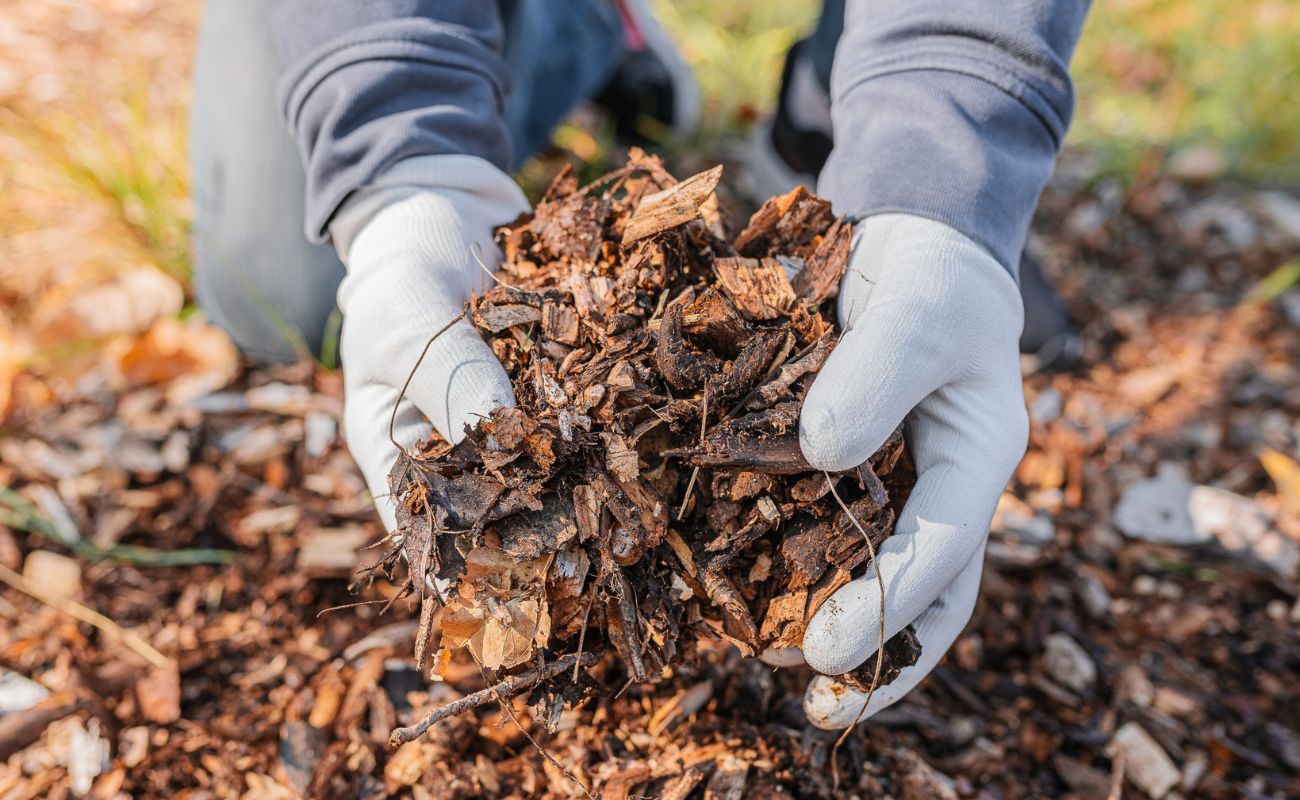
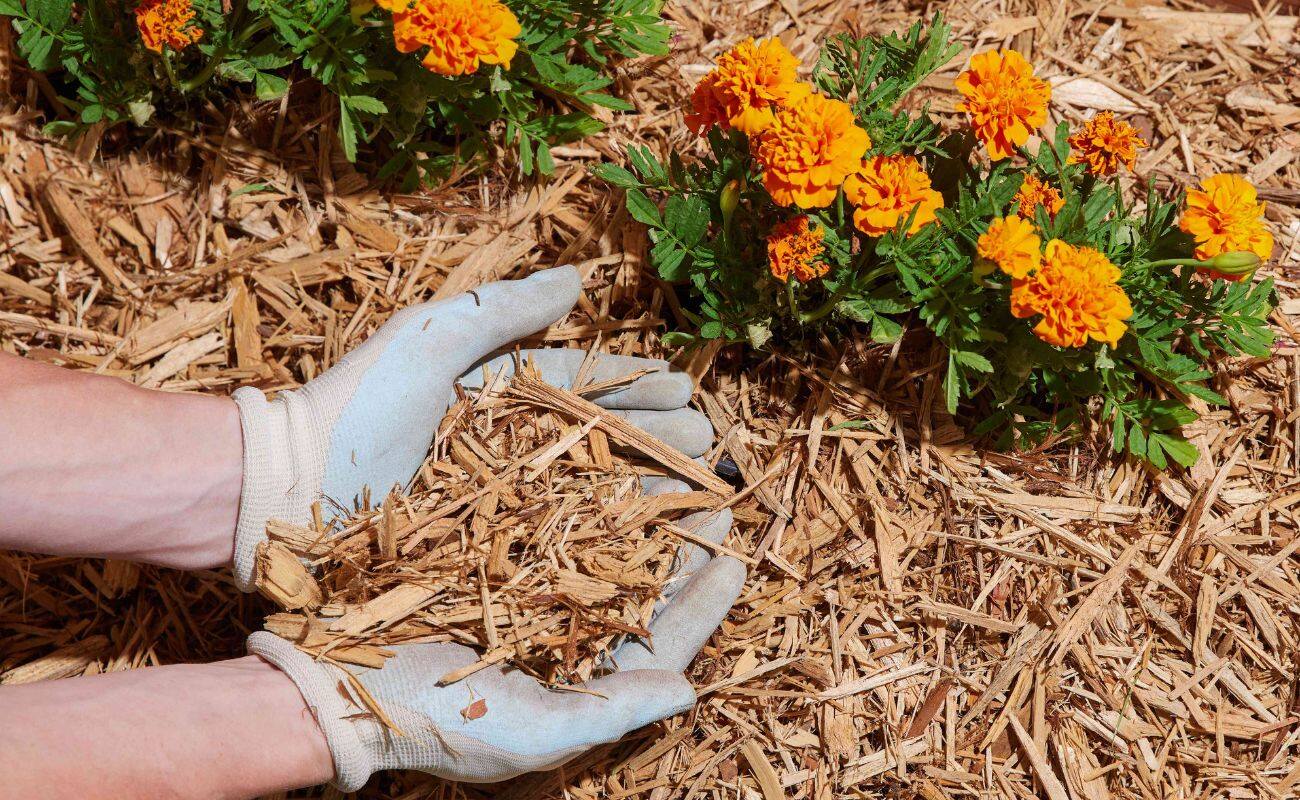
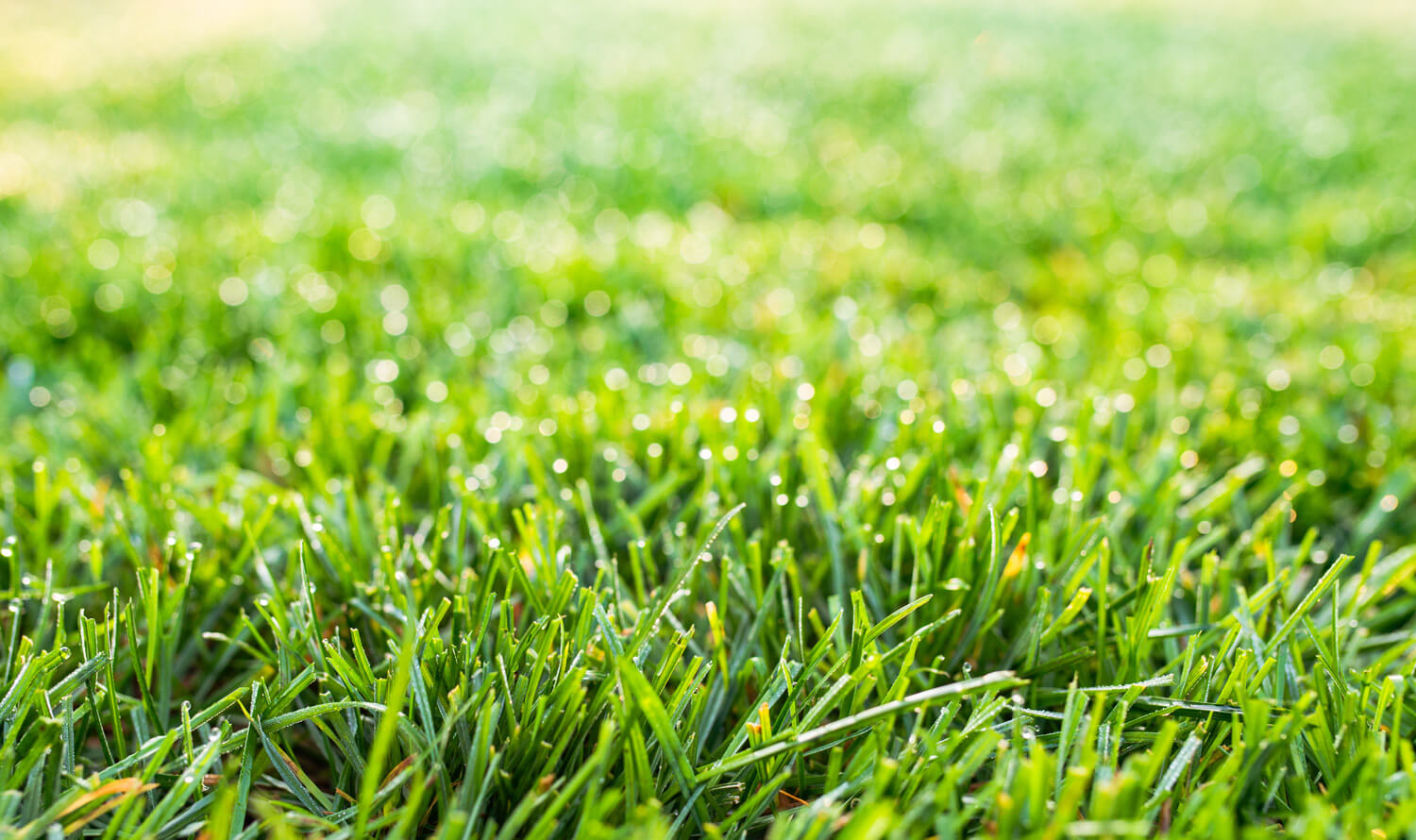
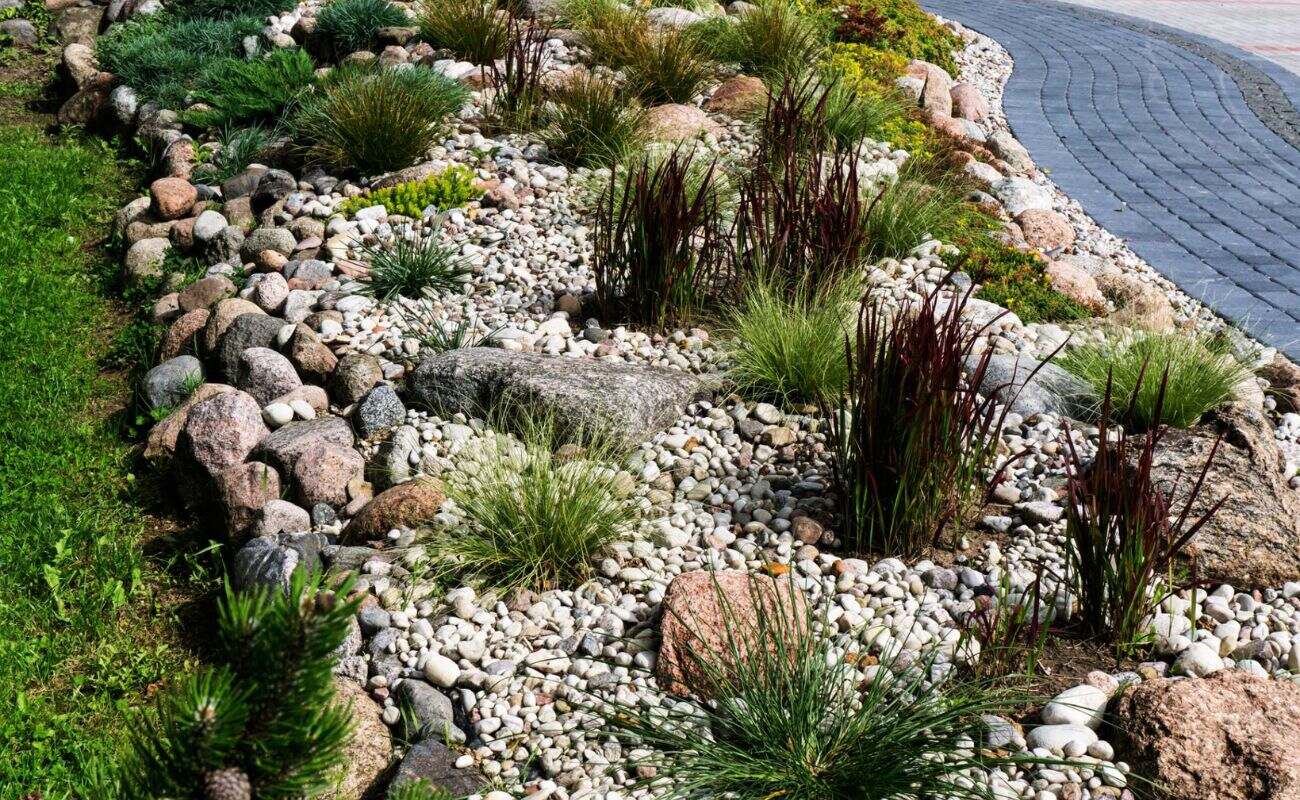
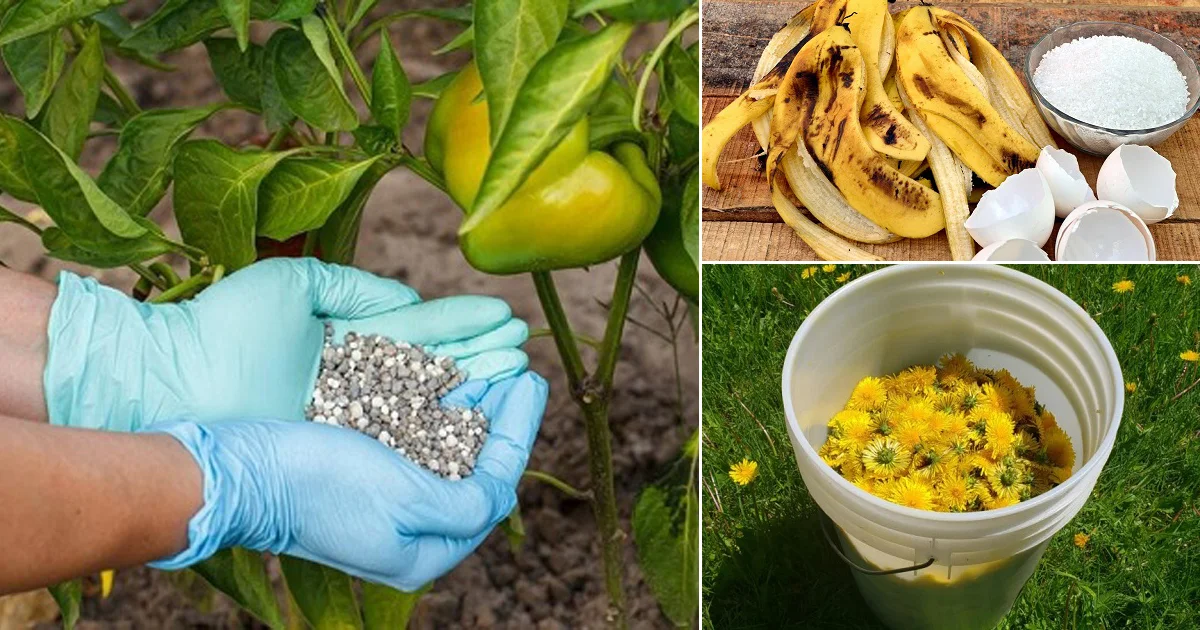
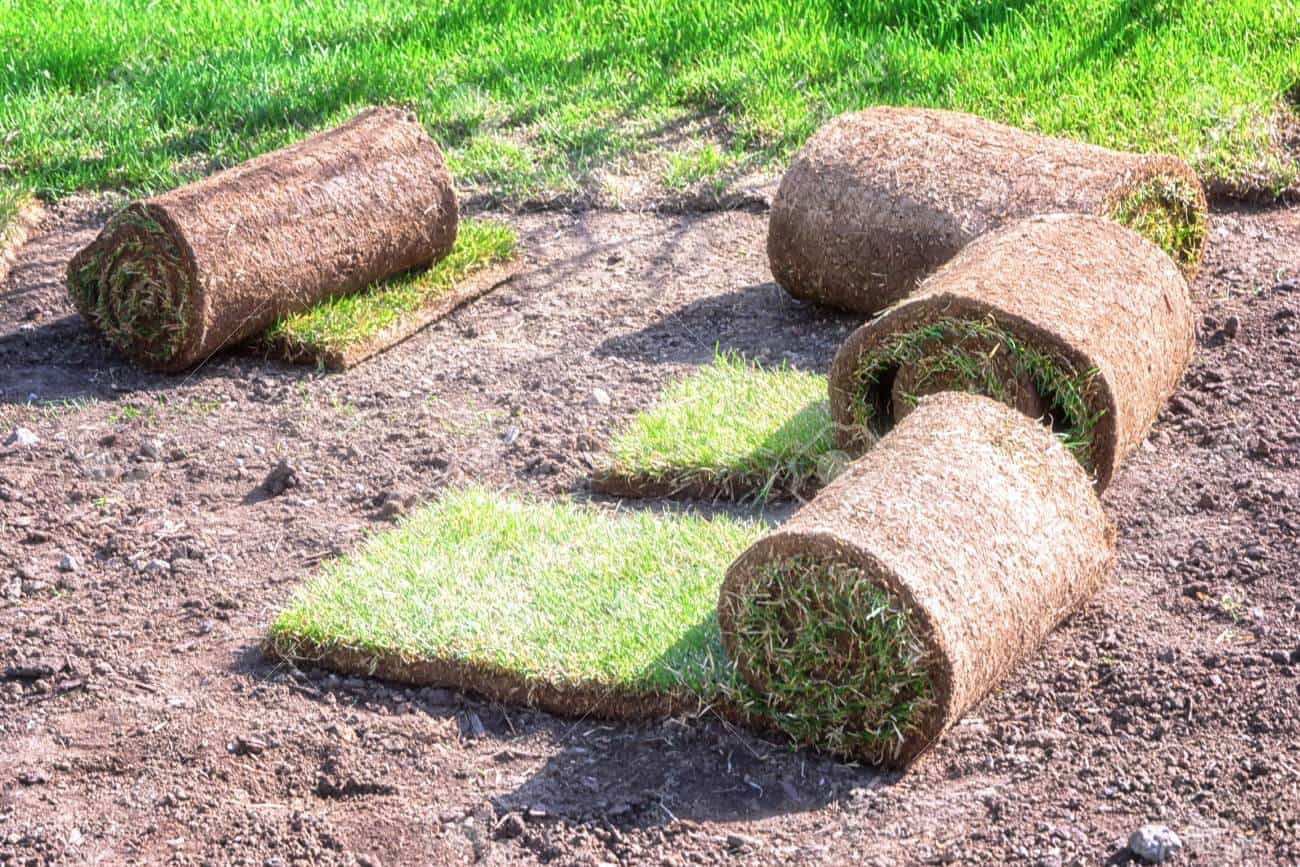
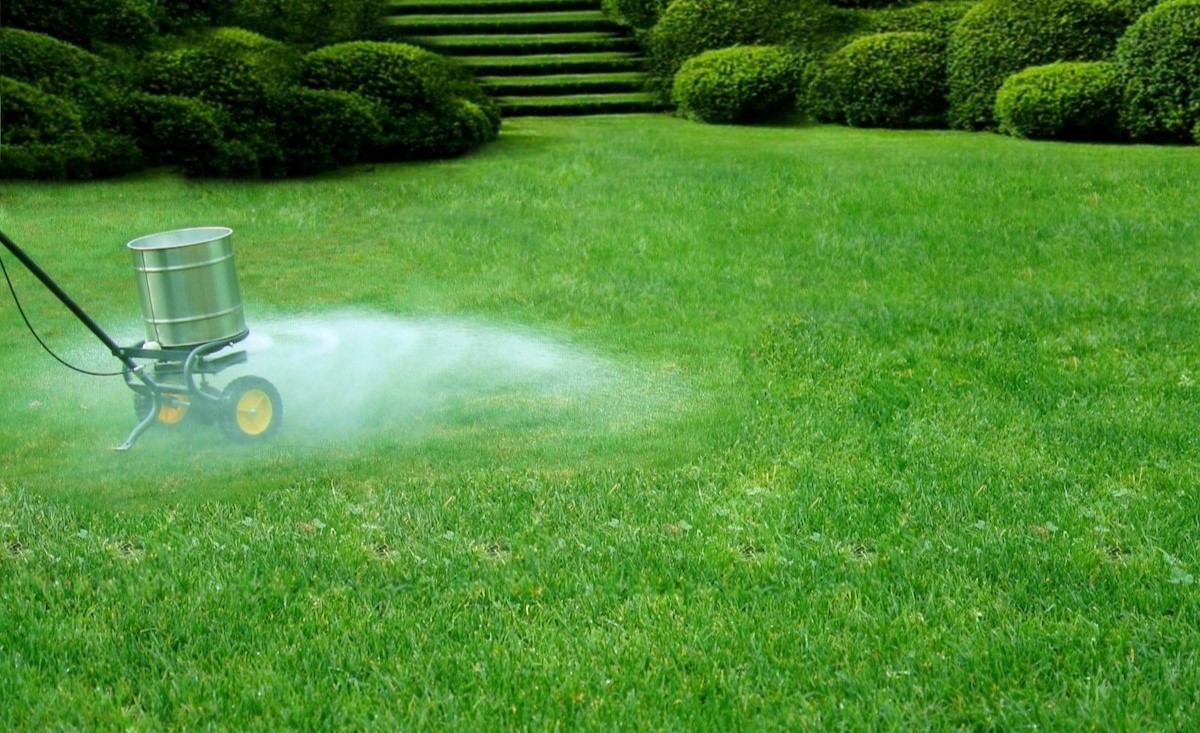

0 thoughts on “What Does Mulch Do For Grass”